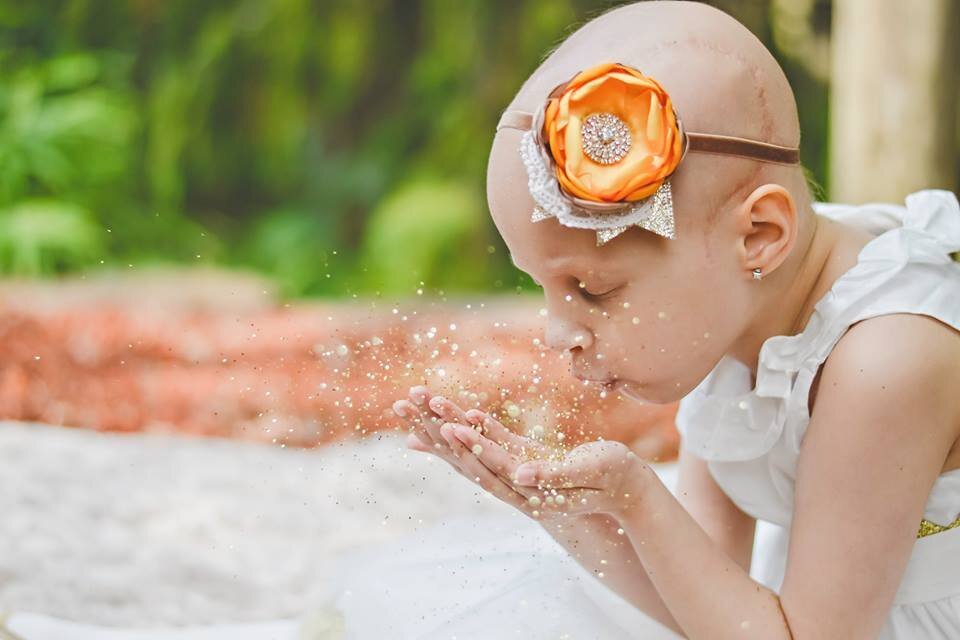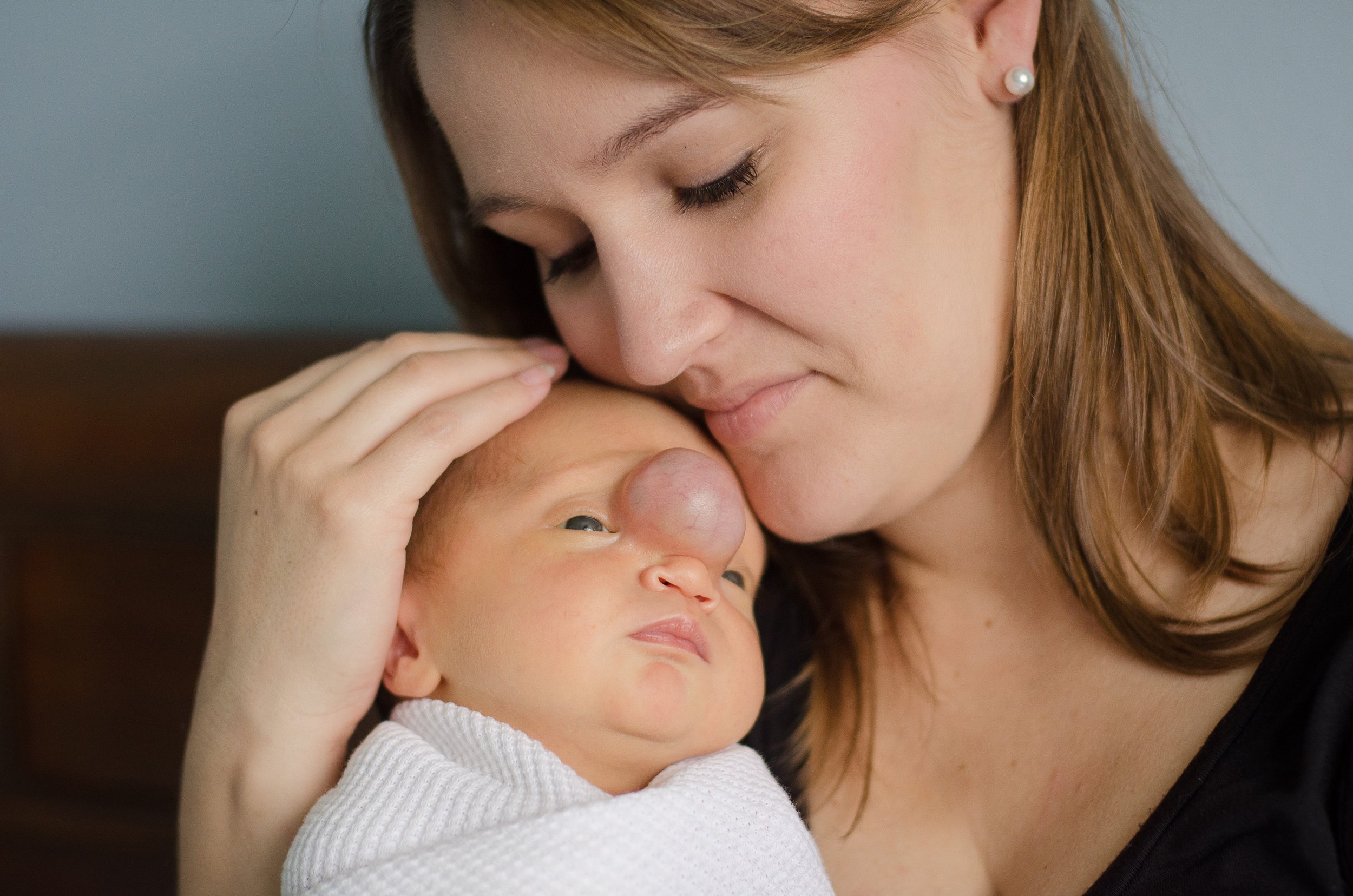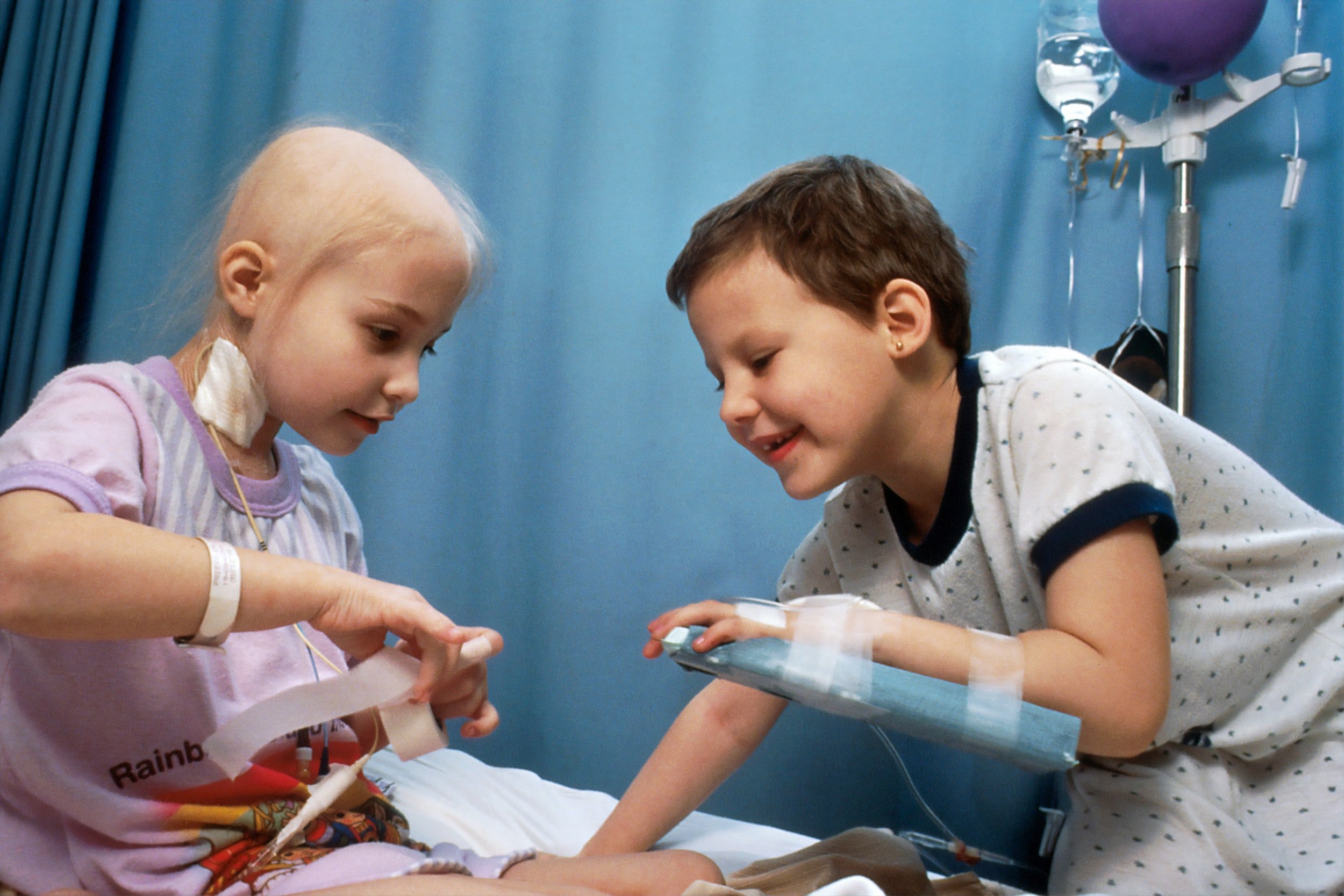Parent & Pro Picks
Search by Topic
- Child Development and Preventative Care Resources
- Developmental Disability Resources
- Diabetes and Endocrine Resources
- Financial Support
- Financial Support Resources
- Gastrointestinal Resources
- Grief Support
- Hospice Resources
- Housing/Transportation Resources
- Informational Resources
- Legal Support
- Neonatal and Premature Birth Resources
- Neurological Condition Resources
- Orthopedic and Mobility Impairment Resources
- Palliative Care Resources
- Pediatric Cancer
- Rare Disease Resources
- Recreation/Wish-Granting Resources
- Sibling Support
- Special Education Resources
- Transplant Patient Resources

Pediatric Brain Tumors: Care, Support and Family Resources
Approximately 4,000 children in the United States will be diagnosed with a primary brain tumor this year leaving their parents, caregivers, loved ones and themselves with many questions about what comes next. In this guide you will find a variety of resources to help your family as you begin to navigate life with a pediatric brain tumor diagnosis.

Traveling with Children who have Special Needs and Medical Challenges
Children with disabilities and medical challenges often require carefully coordinated, specialized care. This can make traveling away from home complicated, but not impossible with proper planning and resources. In this guide you’ll find resources that may help make traveling less challenging if your child has special needs or a medical condition to consider. This guide and the resources listed are not meant to replace consultation with medical professionals, or to diagnose a medical condition. Please reach out to a professional for advice and assistance.

Finding Support and Information When Your Child Receives a Rare Disease Diagnosis
When your child receives a new medical diagnosis it can be helpful to seek support from other parents and caregivers who have been in your shoes. But if your child is diagnosed with a rare disease or condition it can be difficult to find information or a community of other families who share your experience. In this guide you’ll find resources that may help you as you begin to navigate life as the caregiver for a child with a rare medical condition.

Pediatric Palliative Care: What is it and Who Needs it?
Having a child with a serious illness is difficult for the entire family. Treatments that may be necessary to save or extend a child’s life can sometimes take as much of a toll on them as the illness itself. If your child has a serious illness, palliative care may be available and beneficial while they are being treated for their medical condition. Often confused or equated with hospice care (which is provided when a person is considered to be at the end of their life), palliative care can be added to a treatment plan at any time following the diagnosis of a serious illness. This guide explores the differences between palliative and hospice care, and share resources that may help you determine whether or not a palliative care program could benefit your child’s health and well-being.

Seizure Safety Resources
If your child has a condition that makes them more likely to experience seizures, it is important to be prepared in the event that a seizure occurs. Witnessing a seizure, especially in a child, can be a frightening event. Your reaction and response can help keep the child safe and comfortable until the seizure has ended, or is controlled by medical intervention. In this guide you will find resources designed to help keep a child in your care safe during a seizure.

Finding Your Support Community
A new medical diagnosis often comes with more questions than answers, as well as a flood of emotions. As a caregiver to a child who has special needs or a complex medical condition, it can be helpful to find a community of supportive people who understand the challenges you have faced or will face while caring for your child. With the rise of social media and other web-based resources, information has never been easier to find and making contact with others is a breeze. But how can you be sure that you can trust the information or people with whom you are connecting? In this guide we will share some tips on how to find information and a community of support when your child is diagnosed with a disabling medical condition.
